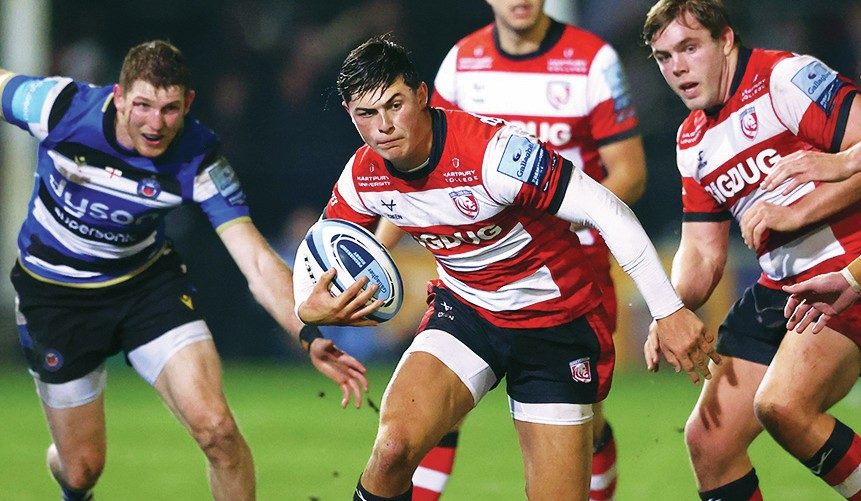
With the Six Nations still four weeks away, it’s already dominating the rugby headlines. First we had the storm in a teacup about the French government potentially not welcoming players who haven’t been fully vaccinated, then the outrageous suggestion that the entire tournament could be played in England to get round restrictions on ground capacity in Wales (zero), Scotland (500), and France and Ireland (5,000 apiece).
As far as France goes, if they decide they don’t want anyone who is unvaccinated, or even partially vaccinated, then so be it. If that means that head coaches are unable to select some players then it’s simple, choose some others who are fully vaccinated. Rugby’s important, but much less so than a democratically elected government’s decision on what actions are needed to curb this wave of the pandemic.
Governments have also made decisions on the number of spectators currently allowed into grounds, and for rugby to create a situation where fans are allowed to travel to another nation to mingle, and then potentially bring the virus back home, seems to me to be totally irresponsible, and hopefully the Unions and the Six Nations organisers will agree with that.

In addition, the whole essence of the Six Nations is teams playing home and away – this year England are scheduled to be at home twice and away three times. What sort of a tournament would it be if England had five home games?
Rugby’s important, and the parlous state of the Unions’ finances would be further hit if there was no Six Nations in 2022, but to me there are only two credible choices open to the organisers. Run the tournament and comply with whatever rules are in place at the time – perhaps even have a conversation with the broadcasters and give them the choice of no Six Nations or chipping in a bit more in this unusual year – or decide to have a fallow year as happened during the Second World War.
Mind you, as we’ve all learned, four weeks is a very long time when it comes to the Coronavirus, and by then the worst of this wave could be over.
Of course, the other a situation is a new variant and tougher restrictions, so this is not the time for hasty decisions.
BT Sports has been great for Premiership rugby, and they are streets ahead of what Sky used to offer. However, you can probably sense a ‘but’ coming, and you’re right: they can’t seem to get rid of their old school attitude that international rugby is more important than the league they pay fortunes to show.
Last weekend we had a throwaway remark from Nick Mullins that was just the kind of thing that drives club rugby supporters mad. Gloucester‘s Louis Rees-Zammit had a heavily strapped ankle, and looked as though he was in some pain, so Mullins commented that, “You can almost hear Wayne Pivac from the other side of the Bridge saying ‘Get him off, get him off ‘, there’s absolutely no need to risk him”!
Now, it was clear Mullins had his tongue in his cheek, but it typifies a certain attitude, and I’ve heard similar about Dan Biggar and other Welsh and Scottish internationals. In addition, it seems that every time an England player takes a knock in a club game, Eddie Jones’ worries are mentioned rather than his club’s coaches!
Let’s make it absolutely clear, it has nothing, zero, zilch, to do with international coaches as to how Premiership clubs manage their players.
Players sign contracts with Premiership clubs for a number of reasons – but money undoubtedly plays its part too.
Those contracts mean that the decisions on when they play, when they’re replaced, and so on, are made by their club’s head coach, and the likes of Pivac and Gregor Townsend have no say.
Light-hearted or not, come on BT Sports, please show a bit more respect to the Premiership clubs.
























Pingback: blote tieten